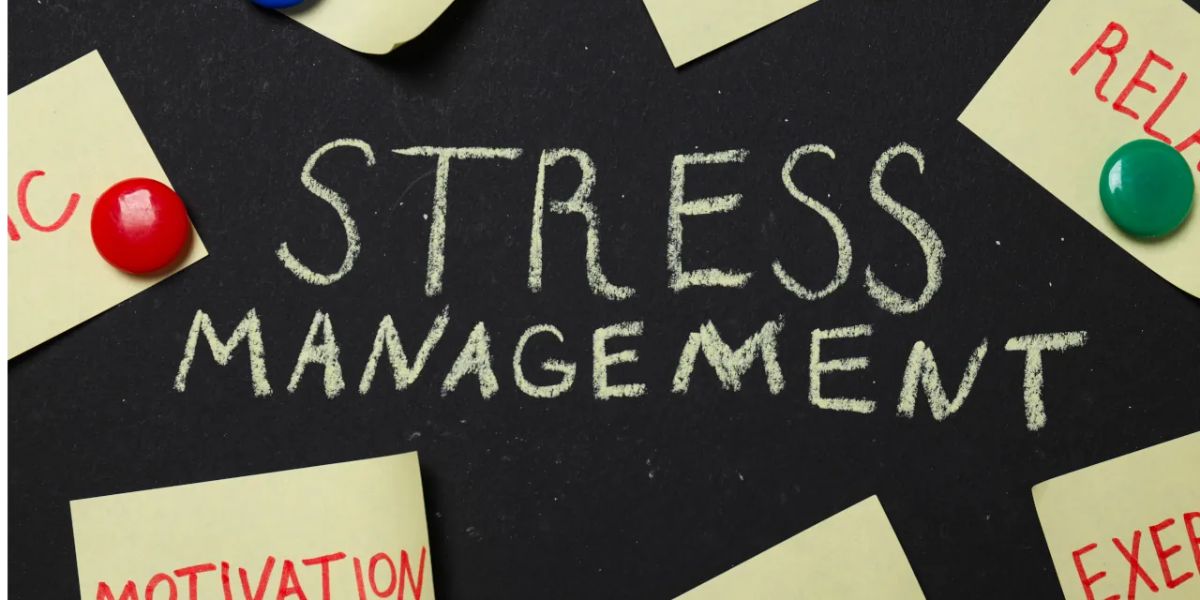In today’s fast-paced work environment, stress has become an unavoidable part of daily life, especially for working adults juggling multiple responsibilities. In Madison County, where residents balance demanding jobs, family obligations, and community commitments, understanding effective stress management strategies is essential for maintaining both mental and physical health.
Understanding Work-Related Stress in Madison County
Working adults across Madison County face unique pressures that can lead to chronic stress. These often stem from long work hours, limited downtime, financial responsibilities, and the challenges of maintaining a work-life balance. Healthcare and manufacturing remain two major employment sectors in the county, both of which demand intense focus and emotional energy.
Table of Contents
Stress can manifest in various ways — from headaches and irritability to sleep disturbances and weakened immunity. Without proper management, these symptoms can evolve into more serious conditions such as anxiety, depression, or burnout. Recognizing the early signs of stress is the first step toward building resilience.
Building a Balanced Routine
One of the most effective ways to manage stress is through creating structure in daily life. A balanced routine helps restore control and reduces the feeling of being overwhelmed.
- Set clear boundaries between work and personal time. Avoid bringing office tasks home whenever possible.
- Prioritize rest and aim for consistent sleep patterns, as inadequate rest intensifies stress responses.
- Include regular exercise, such as walking, yoga, or cycling along Madison County’s scenic trails, to improve mood and energy.
- Eat nutritious meals that stabilize blood sugar levels, reducing fatigue and irritability.
Maintaining small but consistent habits like these helps create a strong foundation for emotional well-being.
Workplace Strategies for Reducing Stress
Employers and employees alike play a role in fostering a healthier work environment. Many Madison County workplaces are increasingly aware of the importance of employee mental health, offering wellness initiatives and counseling programs.
Employees can manage stress effectively by:
- Communicating openly with supervisors about workload and expectations.
- Taking short breaks during long work hours to stretch, hydrate, and refocus.
- Organizing tasks using priority lists or digital planners to reduce last-minute rushes.
- Seeking social support from colleagues and maintaining positive relationships at work.
Creating a supportive workplace culture benefits both productivity and morale, making it easier for individuals to manage daily pressures.
The Role of Behavioral Health Support
Access to professional mental health services in Madison County has improved significantly in recent years. Local behavioral health programs offer therapy, counseling, and support groups designed specifically for working adults experiencing chronic stress.
Counselors trained in cognitive behavioral therapy (CBT) and mindfulness-based stress reduction (MBSR) help individuals develop coping skills, challenge negative thought patterns, and build emotional regulation techniques.
Many residents find benefit in community-based workshops and online telehealth sessions that fit into their schedules.
Behavioral health professionals also work closely with primary care providers to ensure integrated care, addressing both the physical and emotional aspects of stress. This holistic approach ensures that individuals receive the right combination of medical and psychological support.
The Importance of Community and Connection
In Madison County, community plays a crucial role in reducing stress. Local organizations, faith-based groups, and family support programs offer spaces where residents can connect, share experiences, and find comfort.
Social connection acts as a natural buffer against stress by fostering a sense of belonging and purpose.
Volunteering, joining hobby clubs, or participating in wellness events can strengthen mental health while contributing to community well-being. Studies show that adults who engage regularly in community activities report lower stress levels and higher life satisfaction.
Simple Mindfulness Techniques for Everyday Use
Practicing mindfulness doesn’t require major lifestyle changes — just a few minutes of intentional focus each day.
Some easy techniques include:
- Deep breathing exercises: Inhale slowly for four counts, hold for four, and exhale for four to calm the nervous system.
- Gratitude journaling: Write down three things you’re grateful for each day to shift focus from stress to positivity.
- Mindful breaks: Take a few minutes between meetings to stretch or observe your surroundings without judgment.
These practices train the mind to stay present, reducing anxiety about future worries or past regrets.
When to Seek Professional Help
If stress begins to interfere with work performance, relationships, or daily functioning, it’s essential to seek help. Persistent symptoms such as sleep loss, irritability, or hopelessness may indicate clinical anxiety or depression. Madison County offers several confidential counseling options and behavioral health clinics where individuals can receive care tailored to their needs.
Remember, seeking support is not a sign of weakness — it’s a proactive step toward better health and balance.
Conclusion
Managing stress is an ongoing process that requires self-awareness, consistent effort, and community support. For working adults in Madison County, combining lifestyle adjustments with professional and social resources can make a remarkable difference. Whether through daily mindfulness, therapy, or building healthy habits, every step toward balance strengthens personal well-being and community resilience.
What do you think of these strategies? Share your experiences or favorite stress management techniques in the comments below on mcchc.org.













